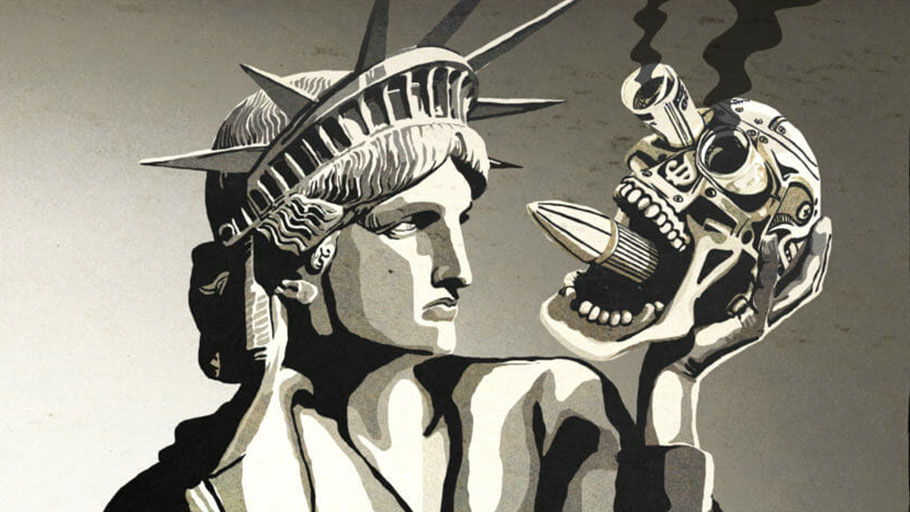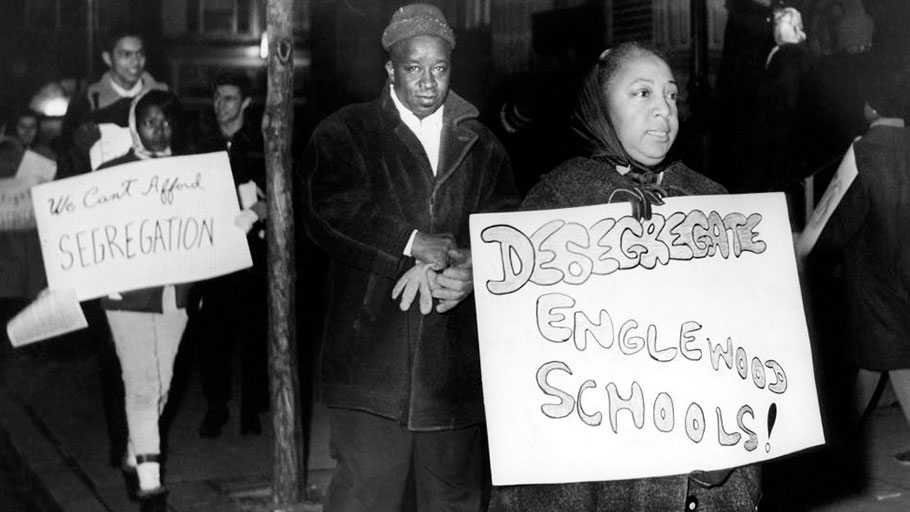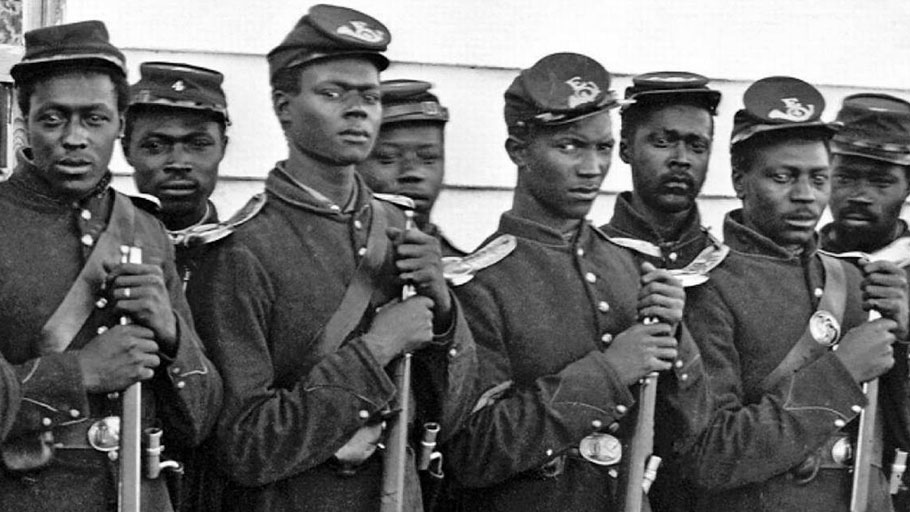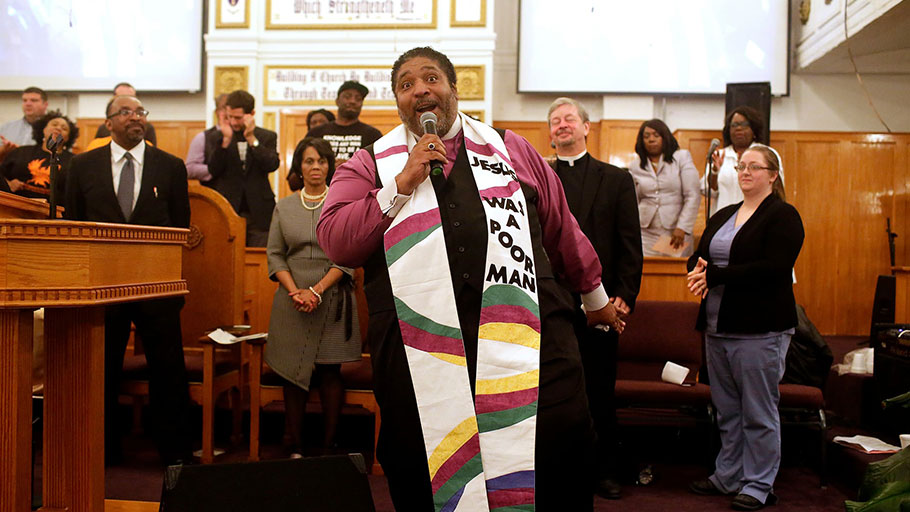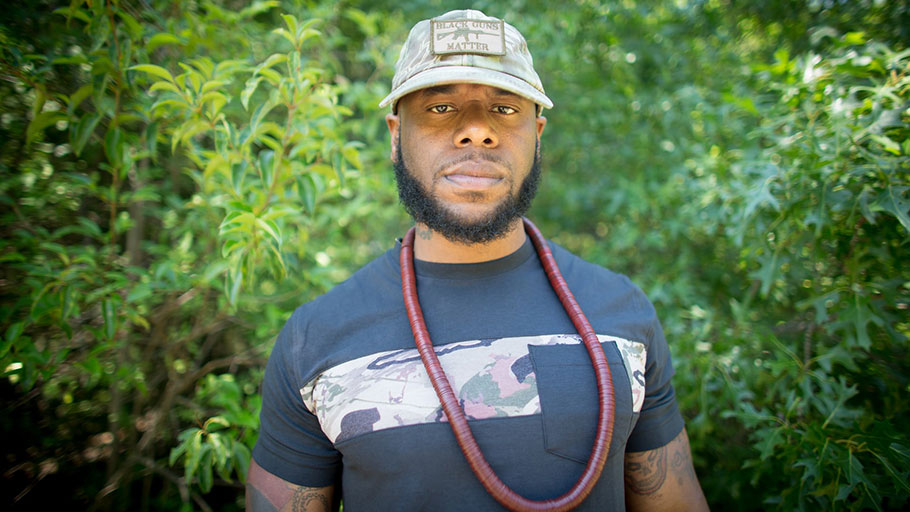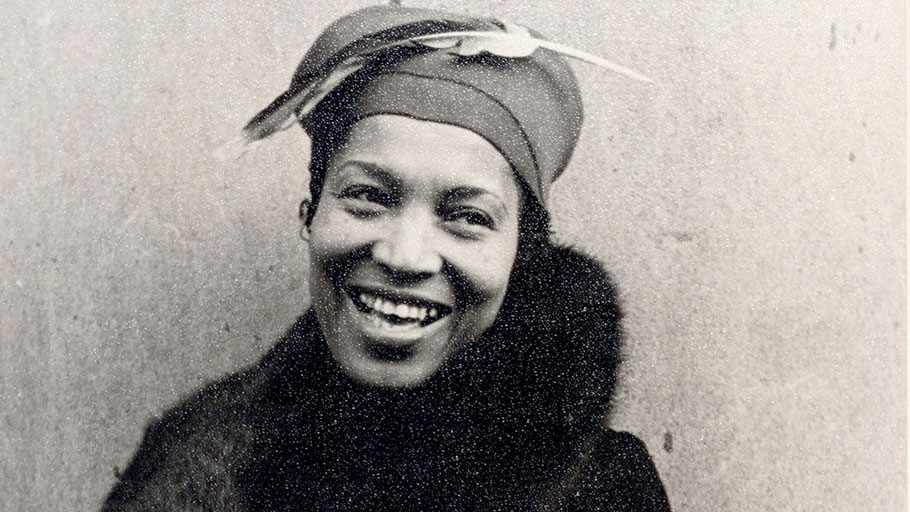
Zora Neale Hurston’s drive to tell the story of the slave trade’s last survivor By Emily Bernard, The New Republic — “You have seen how a man was made a slave,” Frederick Douglass wrote in his 1845 autobiography, the Narrative of the Life of Frederick Douglass. “You shall see how a slave was made a man.” These words herald the moment when Douglass masters his master, the sadistic overseer and “negro-breaker,”…




